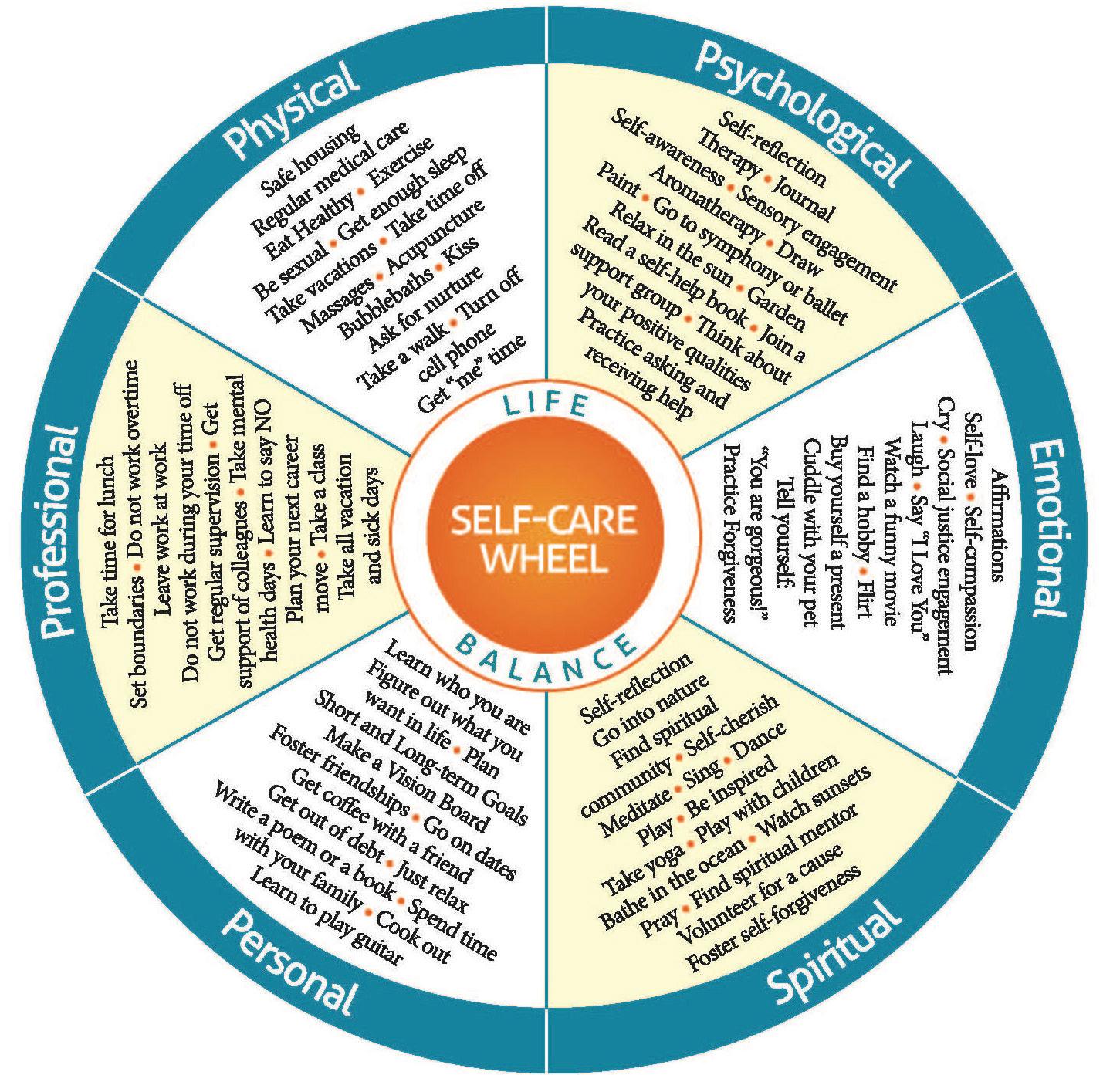
3 minute read
I’m Being Watched! Navigating the Beginning Teacher Evaluation Process
Job Search Handbook Committee
The transition from education major to student teacher to beginning teacher can feel like a whirlwind. The hours of classes, projects, and practice lesson plans are now behind you. As a beginning teacher (BT) you find yourself face-to-face with PLC meetings, parent conferences, writing real lesson plans, and to top it all off, observations and evaluations.
Advertisement
For years, you were the observer, visiting the classrooms of master teachers, watching their every move, taking notes on the impact of their behaviors, decisions, and instructional delivery. Now, as a BT, your administrative team likely visits your classroom regularly to take notes on your behaviors, your decisions, and your instructional delivery. Your administrator will explain how often you will be observed each semester. For example, in some states a probationary student is required by law to be observed at least once per semester. The process can be daunting until you understand a few basics on the evaluation of new teachers.
Beginning teachers are not expected to know it all. Administrators understand that you are learning and growing. They do not expect you to have everything perfectly under control. Your first years as a teacher are formative. You will try new things, identify systems and processes that work for you, and, in all likelihood, you will fail a few times along the way. The trick is to fail forward. Every apparent failure is an opportunity for improvement.
Teaching is an occupation that is largely grounded in relationships. Seek to develop professional trust with the members of your administrative team. Talk with them about their expectations during classroom visits and carefully review your district’s observation and evaluation instruments. Invite your principal to observe a dynamic lesson or a special project that your students are presenting, then ask for feedback. The more familiar you are with how you are being assessed, and the more comfortable you are with having your principal in your classroom, the greater sense of ease you will feel on observation day.
You are not responsible for the actions of your students; you are responsible for how you respond to the actions of your students. This simple mindset shift can be especially freeing for new teachers. It is your job to establish routines and procedures that set all students up for success. Even in the best managed classrooms, students have the power of choice, and sometimes they choose poorly. Those poor choices may occur during an observation. Administrators are far more interested in how you handle the disruptions created by students’ poor choices than about the choices themselves. Remain calm, address the situation with as little interference to instruction as possible, and move on. This business-like response exhibits professional confidence and showcases your strong classroom managerial skills.
Your administrators want you to do well; they are looking for positives when they watch you teach. Your principal and assistant principals were once classroom teachers, too. They understand the demands of the job, and they are eager to support you as you develop into a master teacher. Administrators also have a vested interest in your performance because your work directly impacts student achievement. By investing in your development, they are ultimately investing in their students.
Putting observations and evaluations into proper perspective can minimize the anxiety you may feel on observation day. Think about observations as the equivalent of formative assessments. They are intended to assess present levels of performance, identify areas for growth, and guide your professional learning. Think of your year-end evaluation as a summary assessment, not unlike a culminating test or project that you might assign at the end of the year. Just as teachers utilize all of the data available to them to determine students’ final grades, administrators consider numerous data points such as classroom observations, professional conversations, student performance, and teachers’ progress toward accomplishing their professional growth goals when making evaluation decisions. Growth is always the goal!
Regardless of your experience level, observations and evaluations can create a sense of anxiety which may be more pronounced because the process is unfamiliar. By developing positive lines of communication with your administrators, establishing a clear set of expectations related to classroom observations, and focusing on quality instruction that is best for students, you can navigate the evaluation process with confidence.




